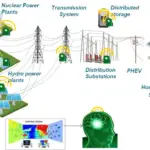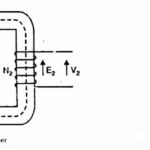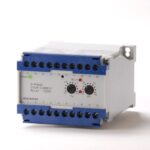Primary and Back-up Protection
Primary protection (Main protection) is the essential protection provided for protecting an equivalent/machine or a part of the power system. As a precautionary measure, addition protection is generally provided and is called Backup Protection. In this post, we will look into the difference between primary & backup protection, advantages of backup protection, and methods of backup protection.
Advantages of Back-up Protection
- If due to some reason, the Main protection fails, the Back-up protection serves the purpose of protection.
- Main protection can fail due to failure of one of the components in the protective system such as a relay, auxiliary relay Current Transformer, PT, trip circuit, circuit-breaker, etc. If the primary protection fails, there must be an additional protection, otherwise, the fault may remain uncleared, resulting in a disaster.
- When main protection is made inoperative for the purpose of maintenance, testing, etc. the Back-up protection acts like main protection.
- As a measure of the economy, Back-up protection is given against short-circuit protection and generally not for other abnormal conditions. The extent to which back-up protection is provided depends upon economic and technical considerations,
Methods of Back-up Protection
- Relay Back-up
- Breaker Back-up
- Remote back-up
- Centrally Coordinated Back-up
Relay Back-up
Breaker Back-up
Remote back-up
Centrally Coordinated Back-up
The system having central control can be provided with centrally controlled back-up. Central control continuously supervises the load flow and frequency in the system. The information about load flow and frequency are assessed continuously.
If one of the components in any part of the-system fails, (e.g. a fault on a transformer, in some station) the load flow in the system is affected. The central coordinating station receives information about the abnormal condition through high-frequency carrier signals.
The stored program in the digital computer determines the correct switching operation, as regards severity of fault, system stability,








Comments are closed.